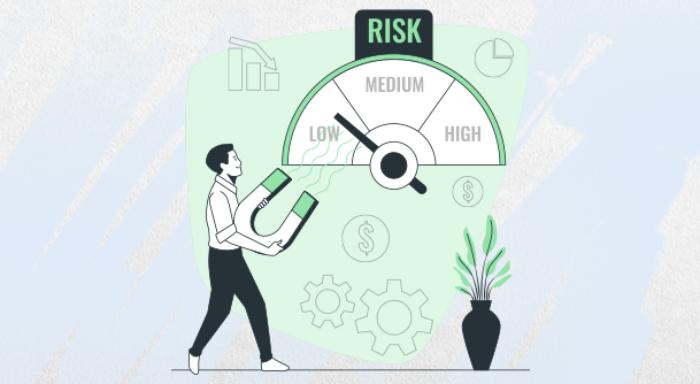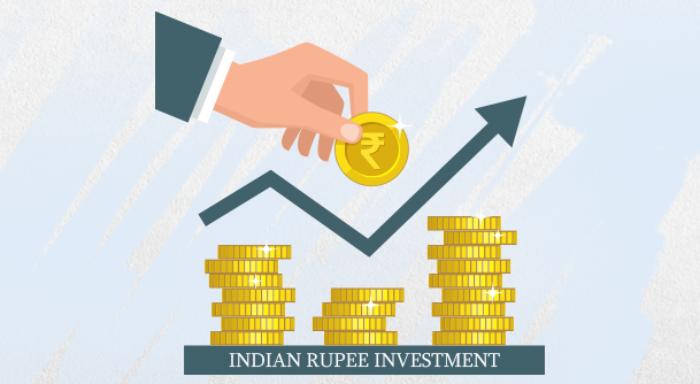Exploring Salary Saving Schemes: A Comprehensive Guide
Blog Title
628 |
Salary Saving Schemes are helpful low-risk investments that are designed to maximise your long-term savings. Most savings schemes even come with tax benefits that let you reduce your yearly tax liability. Some schemes are supported by the Government of India, while others are offered by reputed private banks and financial institutes.
The greatest advantage of salary saving schemes is that they can help you grow your wealth with minimum risk. These schemes are popular among investors who want to save for their retirement or for essential long-term life goals.
Importance of Salary Saving Schemes
Saving schemes provide a host of benefits that help you safeguard your financial future. Let’s look at some of the primary advantages offered by salary saving schemes:
- Security for the Future- Financial planning is fundamental to secure your future. We can never predict what financial emergencies we might face in the future. This is why having a savings corpus and emergency fund is essential. Saving schemes help you develop these essential funds with minimum risk and tax benefits!
- Tax Benefits- Most saving schemes come with tax benefits under the old tax regime of India. These tax benefits help you save even more income in the long run. Section 80C offers deductions of ₹1.5 lakhs for most salary saving schemes.
- Creates a Habit of Saving Money- Spending all your salary on entertainment or random luxuries can lead to financial troubles in the future. In the long run, saving money can help you fulfil serious life goals and protect you during financial emergencies. Saving schemes generally have monthly or yearly investment plans, so you get into the habit of saving money instead of spending everything on day-to-day activities.
- Low Risk- Most investment plans tend to be high-risk, high-reward ventures. Your growth can be exponential, but you might also have to deal with losses if the market/investment performs poorly. Saving schemes are made to be low risk alternatives for those who don’t want to, or cannot, partake in high-risk ventures. Many saving schemes even offer guaranteed returns, so you get back some returns no matter what.
- Retirement and Financial Goals- Saving schemes are one of the safest instruments to create a retirement fund. Schemes that have sable returns and a high rate of growth are ideal if you are planning for retirement. These schemes can also help you grow your wealth to fulfil life-long financial goals such as buying a house or preparing for your child’s higher education.
What are Some of the Popular Saving Schemes in India?
- ELSS- An Equity-Linked Savings Scheme (ELSS) is a type of mutual fund investment. The primary advantage of ELSS is that it comes with tax benefits under Section 80C of the Income Tax Act, something that is not offered in other mutual fund schemes. You can get deductions of up to ₹1 lakh on ELSS, and the minimum investment is just ₹500 per month.
- Provident Fund- There are multiple types of provident fund available in India, all of which are subject to various tax benefits. Public Provident Fund (PPF) is completely optional and has a lock-in period of 15 years. On the other hand, the Employee Provident Fund (EPF) is mandatory for all salaried employees. This fund was started to provide retirement savings for middle class individuals. EPF remains active until retirement and all payments to the EPF are deducted from your salary. You can additionally choose to save more of your salaried income by opting into the Voluntary Provident Fund (VPF).
- National Pension Scheme- The NPS is another saving scheme started by the government of India. This scheme aims to help salaried individuals save enough for a financially stable retirement. NPS is a voluntary investment for non-government employees, but mandatory for those directly employed by the government. If you opt into the scheme, you will have to contribute 10% of your income, and your employer will have to contribute an equal amount of money. Contributions to NPS are tax deductible. You can deduct up to ₹1.5 lakhs annually under Section 80C of the Income Tax Act.
- Savings Insurance Plans- Insurance plans are subject to various tax benefits under Section 80C and 10(10D) of the Income Tax Act. A savings insurance plan not only provides life cover but also offers a return on investment for the premiums you have paid. Some plans offer income at periodic intervals while others provide a lumpsum payout once your policy term comes to an end (maturity). Your insurance premiums are subject to tax deductions of up to ₹1.5 lakhs under Section 80C of the Income Tax Act. Moreover, your maturity benefits may also be tax exempt if your policy meets the terms and conditions of Section 10(10D). Keep in mind that insurance payouts after death (the death benefit) is always tax exempt for the nominees. Most savings insurance plans have ‘guaranteed returns’, meaning that you know exactly how much money you are getting back.
- Fixed Deposit- Fixed deposits (FDs) are probably one of the best-known saving schemes available in India. FDs just need you to deposit a specific amount of money for a predetermined period of time. This money will then grow according to the rate of interest disclosed to you when you opened the FD account. You cannot withdraw the money deposited in an FD unless you break the FD account entirely, hence why it is called a ‘fixed deposit’. FDs generally offer high rate of returns in comparison to other saving schemes, making them a popular and safe option for those who are risk averse.
Conclusion
Salary saving schemes are a great way to increase your savings without having to worry about the risk that is typically associated with investments. You can expect decent returns that will help you fulfil your goals or plan for retirement. Guaranteed returns insurance plans are especially beneficial if you also want to ensure your family’s financial security in your absence.
Chirag Iyer - BFSI Enthusiast
Chirag is a writer and an avid reader who loves to drink coffee! His other interests include boxing, karate, and singing.












